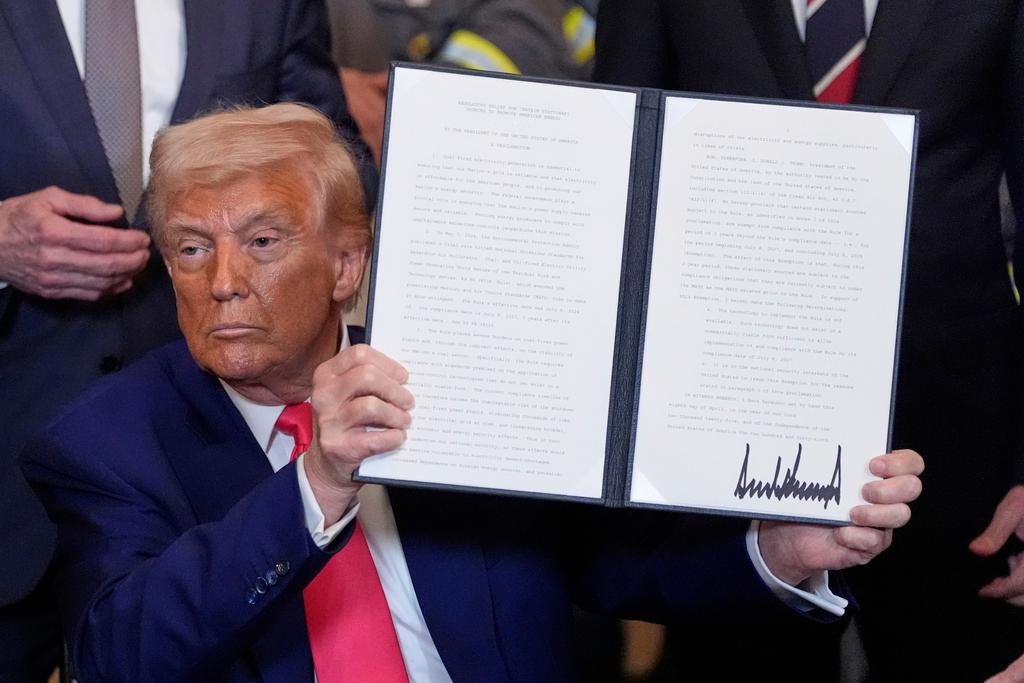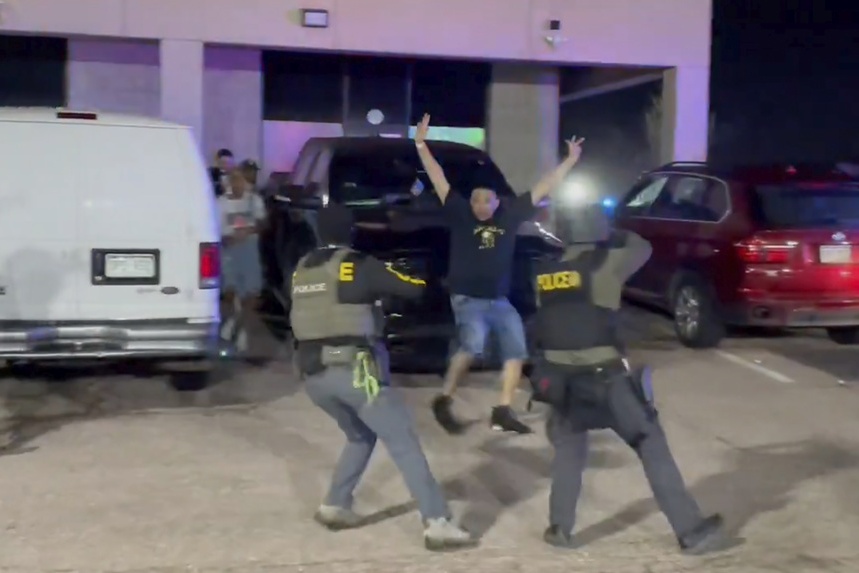
Blues music began in the American South, but nowadays artists around the world blend the genre with rock, country and jazz. Entire festivals and even cruise ships celebrate the blues.
Singer-songwriter Adia Victoria doesn’t think that’s a good thing.
"I don't really consider the blues the barbeque-blues we hear now," she says. "It's been very watered down and tamed."
More Inside Track features from OpenAir:
- Deerhoof Finds 'The Magic' Through Constant Reinvention
- Whitney's 'Light Upon The Lake' Brings About Therapy Through Music
- For Margaret Glaspy, The Third Time's The Charm On 'Emotions And Math'
- After A Tragedy, Laura Gibson Finds Kindness And Honesty On 'Empire Builder'
- Kevin Morby Deciphers A Strange Beauty On 'Singing Saw'
Victoria says the blues started as as political and social protest music. And she wants it to stay that way.
"The blues were the original punk music. I think that they were vital for black artists to express their inner lives at a time where they were denied that expression. They were singing things that they could not speak under fear of getting killed."
This year Adia Victoria released her debut full-length, "Beyond The Bloodhounds." She found inspiration from early blues artists like Robert Johnson and Victoria Spivey.
Like Victoria, these musicians were black artists from the American South who witnessed the legacy of slavery and segregation in that area.
Almost 100 years later, Victoria has much to say about how she relates to her home.
"It's never going to be a completely peaceful relationship. But I think, as an artist, it's a gold mine of inspiration just because it facilitates between these extremes for me of adoration and complete hatred."
Victoria grapples with another part of her Southern upbringing on the album. She grew up in the Seventh Day Adventist Church -- and addresses it on the song “Invisible Hands.”
She’s now a secular musician, but it was in the church she discovered her talent for music.
"From the age of 5 I was leading choir services. Not really believing, necessarily, what I was singing. But just kind of reveling in the power that being a performer gave me. I became addicted to that feeling of being acknowledged. Here I am! I exist! Listen to me sing!"
So you might not hear Adia Victoria at a church or on a blues cruise anytime soon. But she hopes to keep the original spirit of the blues alive into the 21st century and beyond.
Hear and watch videos from our episode of OpenAir Sessions with Adia Victoria.









